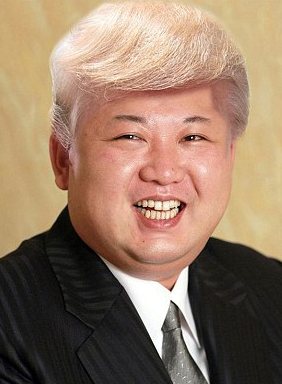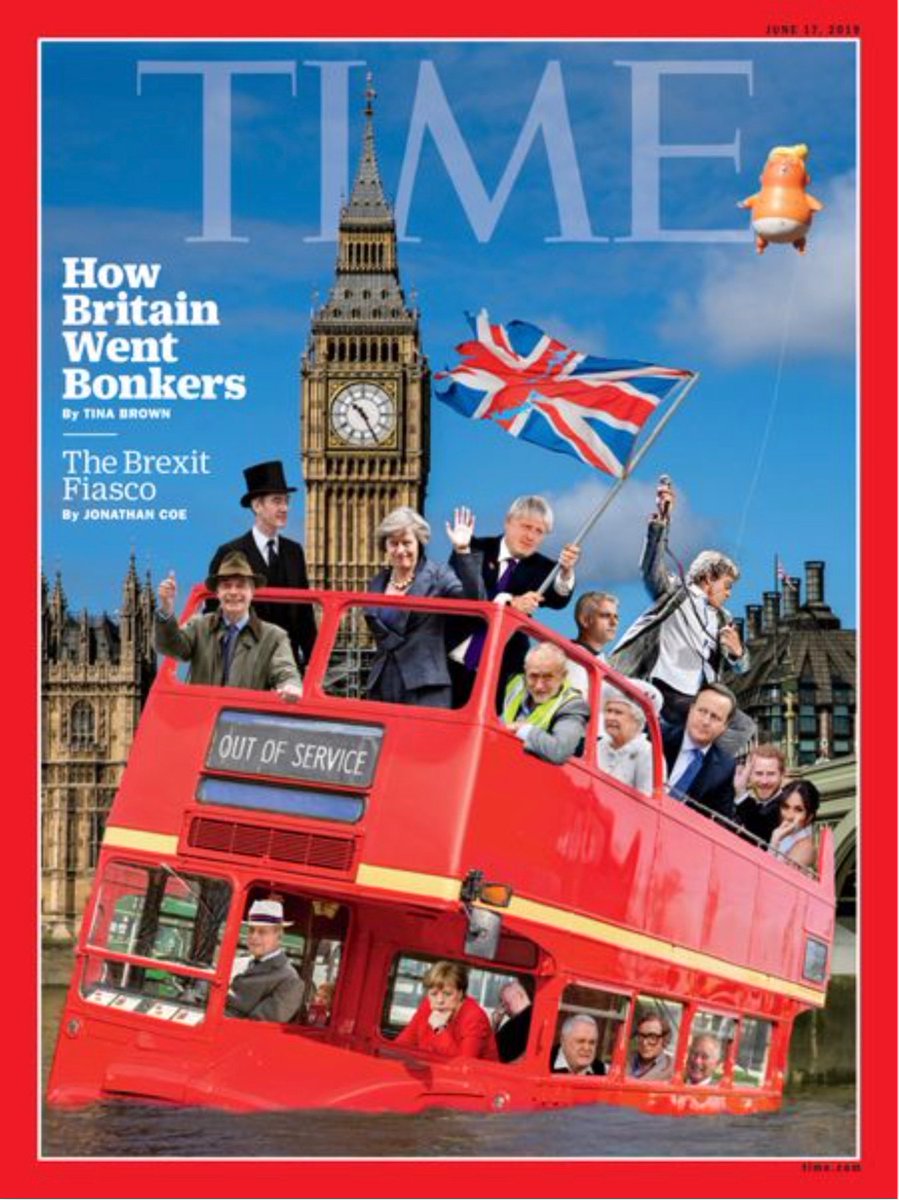Iran confirms their actions behind the earlier attack
- Says Tehran will react strongly against any aggression
- Adds that the borders are Iran’s red line

The Persian Gulf, a sea as large as the U.K., connects to the more open waters of the Arabian Sea via the Strait of Hormuz, which is just 33 km wide at its narrowest point. Roughly 17 million barrels of crude — enough to meet nearly 20% of global demand — pass through the strait on tankers each day.
Thursday’s attack near the strait on tankers operated by Japanese shipper Kokuka Sangyo and Taiwanese oil company CPC has raised the specter of this crucial sea lane being closed off.
“Iran did do it,” U.S. President Donald Trump told Fox News on Friday. “And you know they did it because you saw the boat,” he said, referring to a video released by the U.S. military which it said showed Iran’s Revolutionary Guards removing an unexploded mine from the side of a Japanese-owned oil tanker.
Iran denies any involvement.
The incident during Japanese Prime Minister Shinzo Abe’s visit to Iran has exacerbated tensions that are already running high in a region of vital importance to the global economy, and especially to a Japan more dependent than ever on Middle Eastern oil.


Kim Yong Chol, a top aide to Kim Jong Un, has attended a performance with the North Korean leader, days after a report that the senior official was among a group allegedly purged in the wake of a failed summit between Mr Kim and US president Donald Trump.
Kim Yong Chol, the aide who was the counterpart to US secretary of state Mike Pompeo in the run-up to the Hanoi summit in February, was photographed attending a performance with the North Korean leader and other senior officials, according to state news agency Korean Central News Agency.
The report comes just days after Chosun Ilbo, South Korea’s biggest daily newspaper, said Kim Yong Chol has been subjected to forced labour and ideological education in a remote province, while five other officials had been executed, including Kim Hyok Chol, special envoy to the US.
After the Chosun report on Friday – which had cited an unnamed North Korean source – many experts on North Korea had been wary of the veracity of the claims because similar reports in the past have later been disproved.
But analysts had not ruled out the possibility of punishments for the officials involved in the Hanoi summit in February, which ended early with no deal signed between the two leaders.
Christopher Green, a North Korea expert at the International Crisis Group, on Monday said “[as far as I know] Kim Yong Chol was sent for re-education months ago”, adding that the North Korean state media’s framing “also suggests re-education or similar”.
Soo Kim, a policy analyst at RAND Corporation and a former CIA analyst, said on Saturday that if true the latest purge “‘makes sense’ in North Korea’s logic of terror-induced loyalty”.
“This rotating chopping block is not an atypical method of course correction and imputing of blame on others by the Kim dynasty,” she said. “Kim has purged twice and later executed his uncle, Jang Song Taek. He also had purged [military official] Choe Ryong Hae in 2017, and others.”
US and South Korean officials on Friday said that they would investigate the claims of the purge.